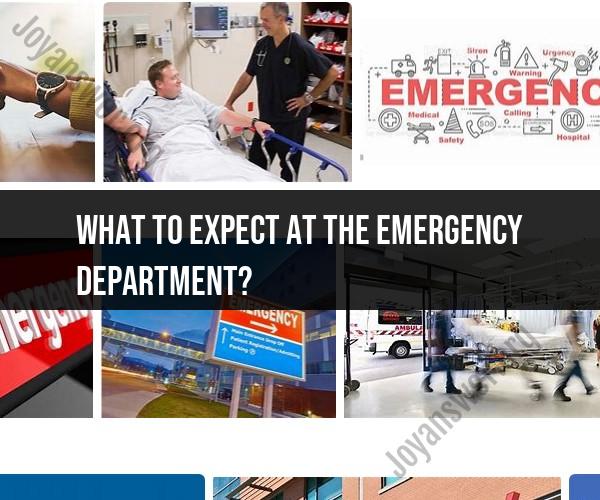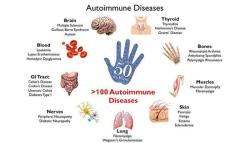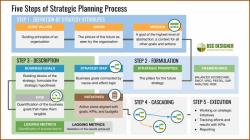What to expect at the emergency department?
Visiting the emergency department (ED) can be a stressful experience, but understanding what to expect can help alleviate some anxiety. Here are insights into what you can generally expect when you go to the emergency department:
Triage: When you arrive at the ED, a nurse or healthcare professional will perform triage. Triage is the process of assessing the severity of your condition to determine the order in which patients receive care. Patients with more critical or life-threatening conditions are seen first.
Registration: After triage, you'll be asked to register. This involves providing personal and insurance information. If you don't have insurance or your situation is an emergency, treatment will not be delayed due to registration.
Medical History: You will be asked about your medical history, including current symptoms, allergies, medications you're taking, and any previous medical conditions or surgeries. Be as detailed and accurate as possible.
Examination: A healthcare provider, such as a nurse or doctor, will conduct a physical examination to assess your condition. They may order tests or imaging, such as X-rays or blood work, to help with diagnosis.
Treatment: Once the healthcare provider determines the nature and severity of your condition, they will initiate treatment. Treatment may include medications, wound care, stitches, or other medical interventions, depending on your condition.
Waiting: The ED can be busy, and you may experience waiting times, especially if your condition is not life-threatening. Be patient, and know that the staff is working to provide care to all patients. If your condition worsens or if you have concerns, inform the nursing staff.
Consultation: You may be seen by various healthcare professionals during your ED visit, including nurses, physicians, physician assistants, and specialists as needed. They will work together to provide comprehensive care.
Communication: Expect open communication with the healthcare team. They will explain your condition, treatment options, and any necessary follow-up care. Don't hesitate to ask questions if you have concerns or don't understand something.
Observation: In some cases, you may be kept under observation for a period to monitor your condition, especially if there is uncertainty about your diagnosis or if your symptoms are improving.
Discharge or Admission: After treatment and evaluation, you will either be discharged with instructions for at-home care or admitted to the hospital if further inpatient treatment is necessary.
Follow-Up: If discharged, you may receive instructions for follow-up care, including how to manage your condition at home and when to see your primary care physician or a specialist.
Billing and Insurance: You will receive information about billing and may need to provide insurance information. If you have concerns about costs or billing, speak with the hospital's financial counselors.
Remember that the emergency department is designed to provide care for acute and life-threatening conditions. If you are unsure whether to go to the ED or seek care elsewhere, consider calling your primary care physician or an urgent care clinic for guidance. In critical emergencies, such as chest pain, severe injuries, or difficulty breathing, do not hesitate to call 911 for immediate assistance.
Emergency Department Visits: What to Anticipate During Your Stay
Visiting the emergency department (ED) can be a stressful and overwhelming experience. However, by understanding what to expect, you can better prepare yourself and your family for your visit.
Arrival and registration
When you arrive at the ED, you will need to register with the front desk staff. You will be asked to provide your name, address, insurance information, and contact information for an emergency contact person.
Triage
Once you have registered, you will be triaged by a nurse. Triage is the process of assessing your condition and determining how quickly you need to be seen by a doctor. The nurse will ask you about your symptoms and medical history. They will also check your vital signs, such as your temperature, heart rate, and blood pressure.
Waiting room
Once you have been triaged, you may need to wait in the waiting room until a doctor is available to see you. The wait time can vary depending on how busy the ED is.
Examination room
When you are called to the back, you will be taken to an examination room. A nurse will review your medical history and symptoms with you again. A doctor will then come in to see you and perform a physical exam.
Tests and procedures
The doctor may order tests and procedures to help diagnose your condition. These tests may include blood tests, urine tests, imaging tests, and other diagnostic procedures.
Treatment
Once the doctor has diagnosed your condition, they will recommend a treatment plan. Treatment may include medication, surgery, or other procedures.
Discharge
If you are being discharged from the ED, the doctor or nurse will review your discharge instructions with you. These instructions will include information on how to take your medications, how to care for your wound or injury at home, and when to follow up with your doctor.
Tips for visiting the ED
Here are a few tips for visiting the ED:
- Bring a list of your medications and allergies with you.
- Bring your insurance card and photo ID with you.
- Be prepared to answer questions about your symptoms and medical history.
- If you are bringing a child with you, bring something to keep them occupied while you wait.
- Be patient and understanding. The ED staff is working hard to care for all of their patients as quickly and efficiently as possible.
Conclusion
Visiting the ED can be a stressful experience, but it is important to remember that the staff is there to help you. By understanding what to expect and being prepared, you can make the experience go as smoothly as possible.













